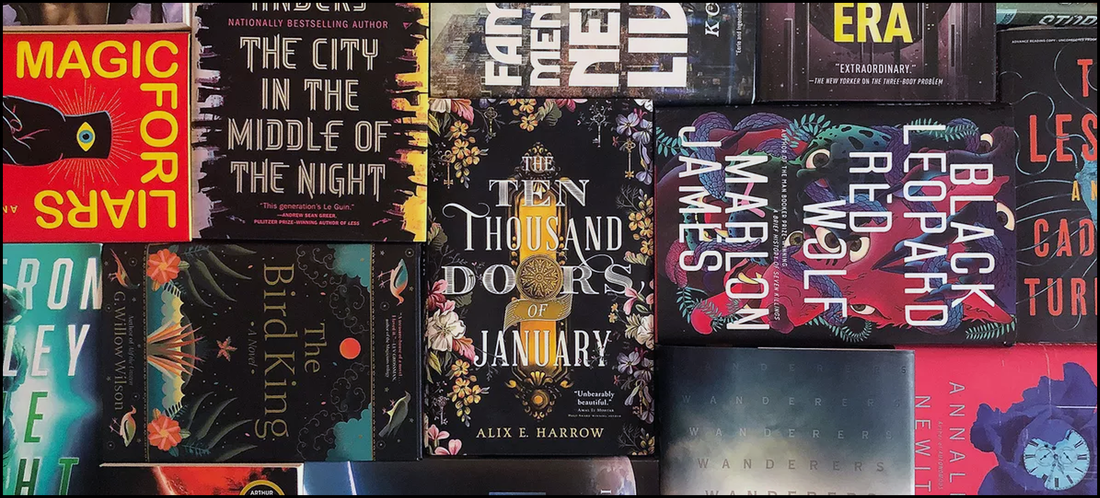First, the premise behind the typical SciFi novel ends up being the driving force for the entire tale. Detractors dismiss it as a central gimmick -- one that ends up weakening the overall story because, if removed, there might be no story at all -- and, thus, it isn't legitimate. In some respects, I've always seen this like Hitchcock's 'McGuffin,' and I've never found it a valid argument but a way for intellectuals to simply sidestep discussing Science Fiction as a genre.
Second -- as the characters, situations, and dialogue all flow beneath the construct of a central SciFi premise -- these supporting elements are considering inferior to the tale's "science." Holes get poked into anything that doesn't support the central conceit, an activity that ends up being far more nitpicking than anything else. While some criticisms do have merit, critics typically can't take their eyes of the book's premise long enough to enjoy these characters for what they are: true, individual creations in the literary universe.
Lastly, as the books are often times considered 'inferior' to more -- ahem -- 'traditional' literature, the entire genre gets branded for developing what teachers and/or educators might christen "poor distractions" from serious thought. While these academicians are willing to give praise for SciFi and Fantasy developing new worlds against an almost magical backdrop, they're quick to point out that immersing readers in such places only gives these minds easily over to flights-of-fancy, daydreaming, and the like ... and, naturally, this is the activity of lazy brains.
Sheesh.
So this morning I was pleased to stumble across an article on Phys.Org which actually takes society to task on much of the above, pointing out that readers who indulge in this unique type of literature actually may be doing their cognitive functions some good by tasking them to develop greater skills as coping, relieving anxiety, and escaping the terrors of regular boredom. The article points out that readers of this type end up being a bit more resilient than purveyors of other genres, challenging them to develop greater empathy and emotional intelligence.
So take that, educators!
Personally, I've always thought that SciFi and Fantasy -- unlike "traditional" literature -- affords folks with much richer escapism and actually pushes the mind to perceive places only capable of visiting through imagination, which is why they're good to push readers to conceive of things they would otherwise miss ... but what do I know? Typically, I read either to escape (which SciFi, Fantasy, and Mystery are great for) OR to educate (which interests me philosophically). But please remember: I'm just a blogger.
In any event, thanks for reading ... and live long and prosper!


 RSS Feed
RSS Feed